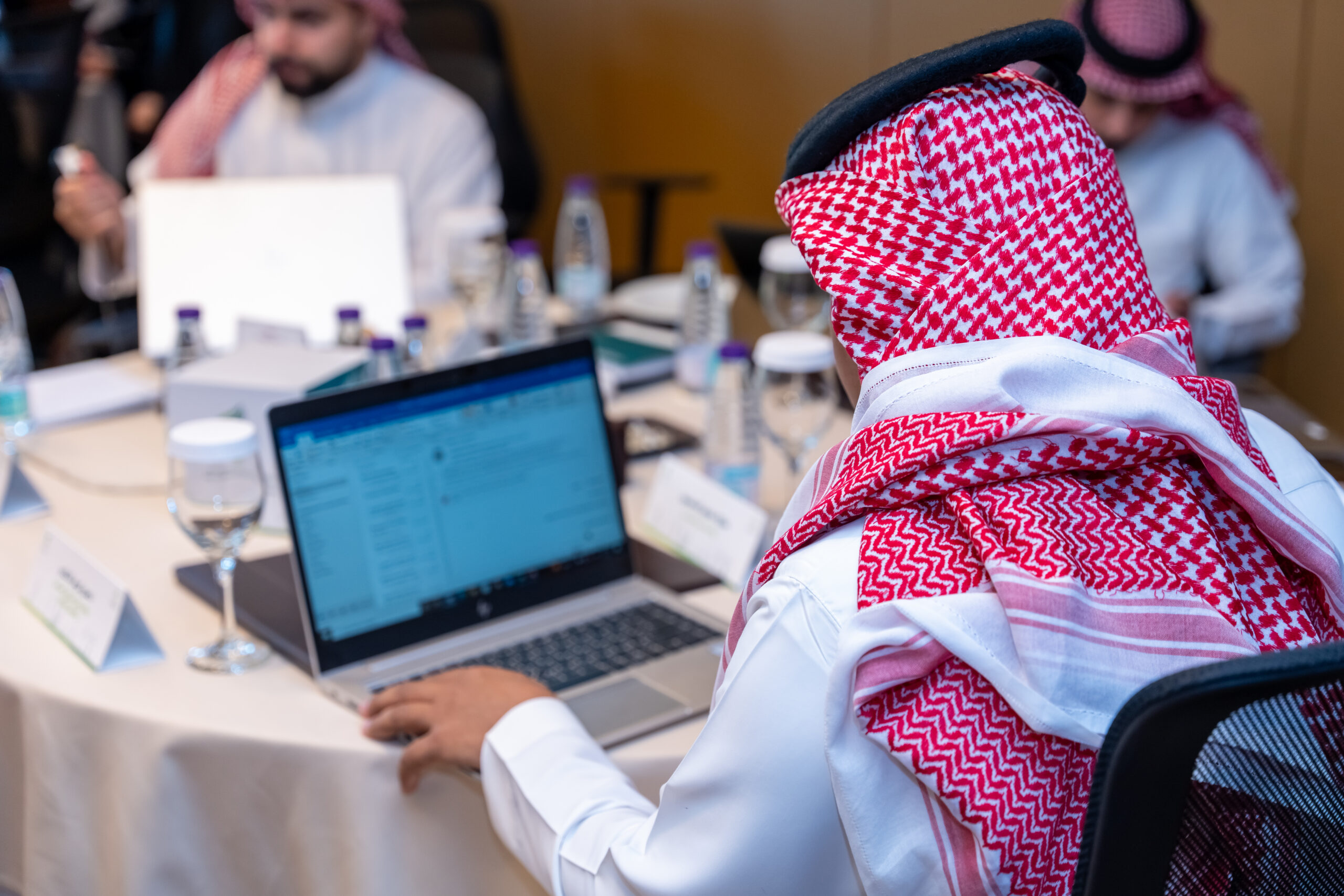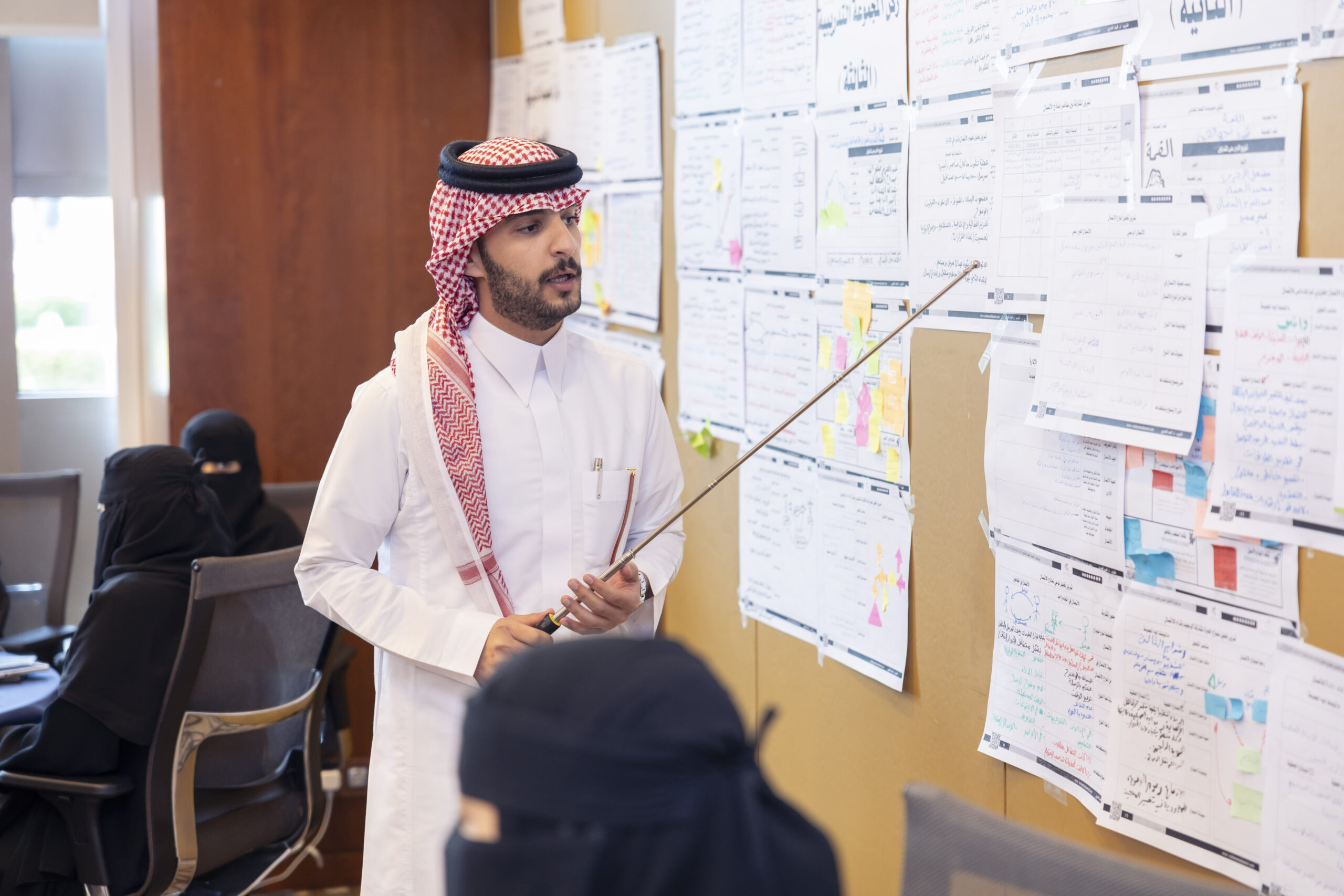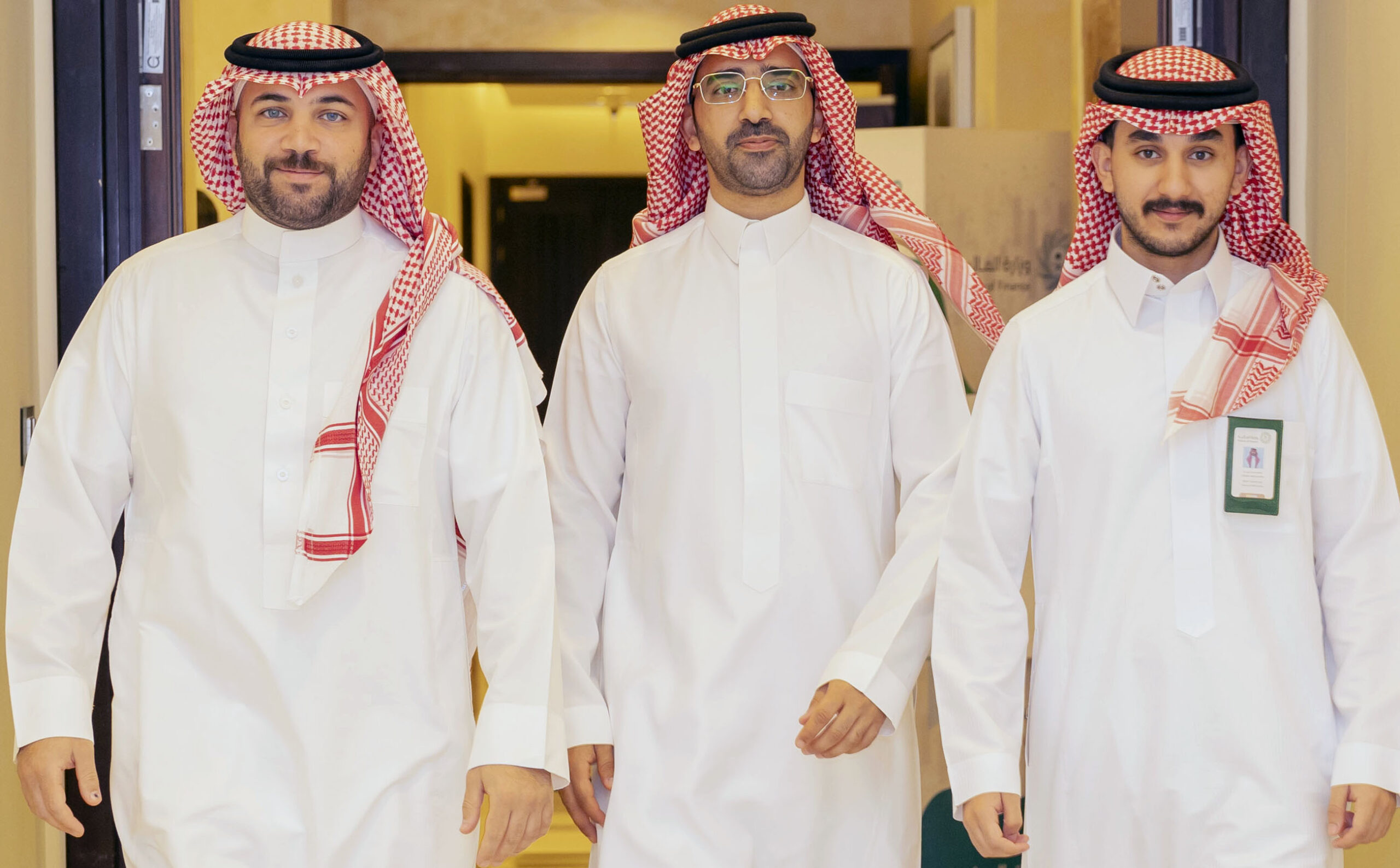The Importance of Competency Frameworks Competency frameworks play a crucial role in organizations by providing a structured method to define and evaluate the skills, behaviors, and attitudes essential for success. They serve several key functions:
الوضوح والتوافق
تعزز أطر الكفاءات تحديد توقعات الأداء بوضوح وتساعد الموظفين على فهم أدوارهم. من خلال مواءمة الكفاءات مع أهداف وقيم المنظمة، يتم توجيه الفرق نحو الاتجاه الصحيح.
تحديد المواهب وتوافق الأهداف
تمكّن أطر الكفاءات المنظمات من مطابقة المهارات الحالية مع الأدوار والمسؤوليات، مما يضمن توافق مساهمات الأفراد مع الأهداف الاستراتيجية.
التوظيف والاحتفاظ بالمواهب
تدعم القرارات التوظيفية المتسقة من خلال توفير أساس لتقييم المرشحين. كما أن التواصل حول غرض الإطار يعزز الفهم المشترك بين مديري التوظيف.
التطوير المستهدف
ترشد أطر الكفاءات مبادرات التعلم والتطوير، مما يساعد على تحديد الموظفين ذوي الإمكانات العالية وإعدادهم لأدوار القيادة من خلال تدريب موجه.
الأداء التخطيط للتطوير الوظيفي
تدعم الأنظمة القائمة على الكفاءات تقييمات الأداء، وتطوير المسار المهني، والتخطيط للخلافة، مما يؤدي إلى تعزيز الأداء العام والنمو.
At أساس, our team of HR consultants and learning specialists partner with organizations to design effective, flexible, and inclusive competency frameworks tailored to specific needs. Contact us to explore how we can support your workforce strategy.
Performance management is key to aligning employee goals with business objectives and driving continuous improvement. At أساس, our HR consultants help organizations build customized systems to meet specific needs and boost performance.
هي عملية استراتيجية تمكّن الموظفين من خلال التواصل المستمر مع المديرين وفرق الموارد البشرية، مما يسهم في تطوير المهارات، وتحقيق الإمكانات، والوصول إلى الأهداف. وتشمل العناصر الرئيسية:
توقعات واضحةفهم الموظف لدوره ومعايير الأداء يقلل من المفاجآت أثناء التقييمات.
أهداف شخصية مخصصةتحديد أهداف تتماشى مع أهداف الفريق والمنظمة يعزز من فرص النمو المهني.
تغذية راجعة مستمرةيساعد التواصل المنتظم الموظفين على متابعة التقدم وتحسين أدائهم.
تقييم سنوي شاملتُستخدم التقييمات السنوية لقياس الإنجازات وتوجيه قرارات التطوير المهني.
الفوائد الرئيسية:
التحفيز والمشاركةالأهداف الواضحة والتغذية الراجعة المنتظمة تعزز من الأداء والالتزام.
الاحتفاظ بالمواهببيئة داعمة تقلل من الأداء المنخفض وتزيد من ولاء الموظفين.
الملاءمة مع متطلبات العصريهتم الموظفون اليوم بالتوازن والمعنى والتقدير، وتلبي إدارة الأداء هذه التطلعات.
كيف يمكن لـ أساس دعمك؟:
تصميم أنظمة الأداء:أطر مخصصة تتماشى مع استراتيجية مؤسستك.
سياسات الموارد البشرية:إرشادات واضحة وعادلة لإدارة الأداء.
تدريب القادة:تمكين المدراء بأدوات وأساليب فعّالة لتعزيز الأداء.
إدارة الأداء الفعّالة تفتح المجال أمام إمكانات فريقك.
تواصل مع أساس للحصول على الدعم والخبرة المتخصصة!
Succession planning is a vital aspect for organizations, ensuring a smooth transition of leadership and maintaining continuity. At ASAS, our team of HR and L&D consultants specializes in delivering effective succession planning services. Here’s how we can assist:
Role Identification and Strategy Creation
We collaborate with HR leaders to identify critical roles within the organization and create a tailored strategy for succession planning based on each position's unique requirements.
Talent Retention and Development
Our consultants focus on retaining and nurturing talent by assessing employees’ potential and readiness for future roles. We provide targeted development opportunities to build a pipeline of capable successors.
Assessment Tools for Employee Evaluation
Using sophisticated assessment tools, we evaluate employees’ strengths and areas for development, identifying high-potential individuals who can step into key roles when needed.
Highlighting Top Talent
Through our assessments, we pinpoint top talent within the organization. These individuals receive personalized development plans to prepare them for leadership positions.
Training Programs for Skill Enhancement
Our comprehensive training programs enhance employees’ skills in leadership, technical proficiency, and soft skills, equipping your workforce for future challenges.
Effective succession planning isn’t just about filling vacancies; it’s about nurturing talent, fostering growth, and securing your organization’s future. Let’s work together to build a robust succession plan that ensures continued success!
Employee engagement is a critical factor in organizational success. It refers to the degree to which employees feel invested in, motivated by, and passionate about their work and the company they work for. When employees are engaged, they contribute more effectively to the organization’s goals, positively impacting productivity, profitability, and talent retention.
Here are some key benefits of employee engagement:
Improved Productivity
Engaged employees are committed to their employer, leading to better communication, positivity, and pride in their work. Encouraging challenges and growth opportunities can enhance engagement.
Increased Customer Satisfaction
Engaged employees who interact with clients tend to be more passionate about their work. Their positive energy leaves a lasting impression, leading to better customer experiences and retention.
Achieved Team Objectives
Employee engagement directly influences team success and achievements. Engaged employees contribute more effectively to hitting targets and organizational goals.
Enhanced Company Culture
Engaged employees create a positive workplace culture. Their enthusiasm and commitment inspire others, fostering a collaborative and supportive environment.
Contribution to Innovation
Engaged employees are more likely to think creatively and contribute innovative ideas. Their motivation drives continuous improvement within the organization.
Better Employee Relations
Engaged employees build stronger relationships with colleagues and managers. Positive interactions lead to better teamwork and collaboration.
Healthier Employees
Engagement positively impacts overall well-being. When employees feel connected to their work, they experience less stress and better physical health.
ASAS HR consultants can help assess current engagement levels, set goals, and implement strategies to boost engagement. By focusing on communication, recognition, professional development, and support, organizations can create an environment where employees thrive. Engagement starts from within, but HR can nurture it through thoughtful initiatives and actions.



